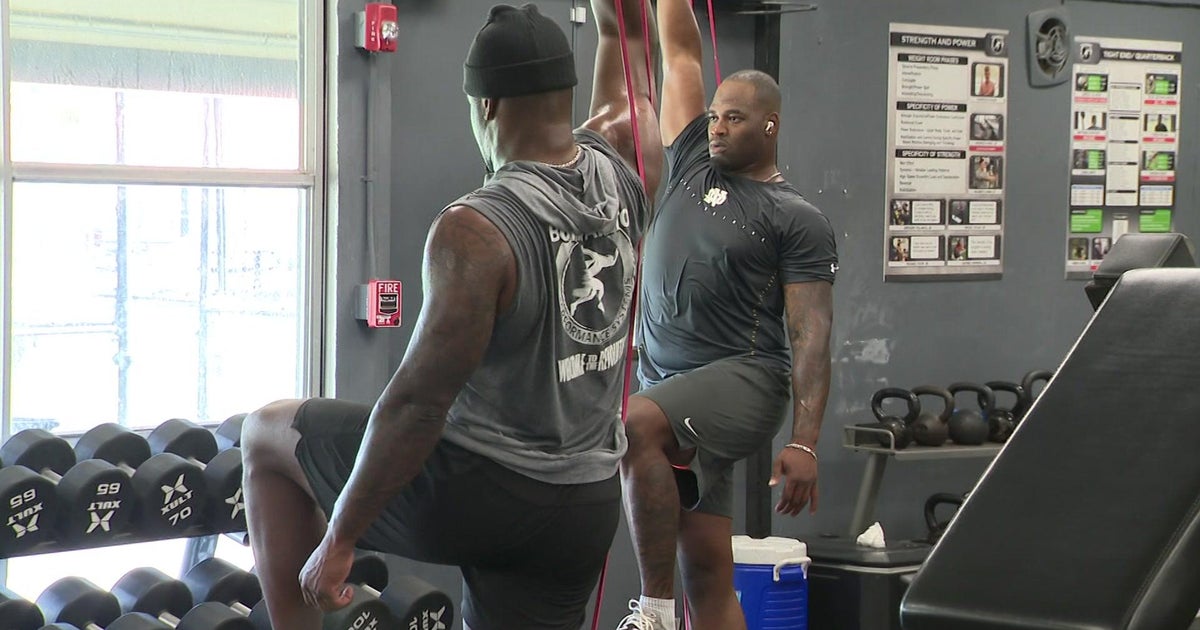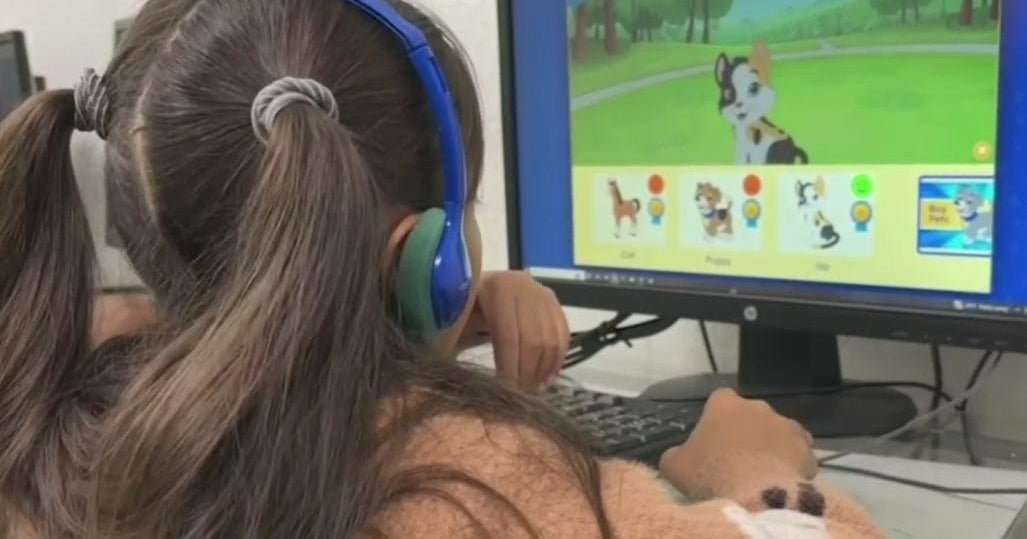Protect Your Child From Bullies
This material was provided by Miami Children's Hospital, which is responsible for the content.
Once upon a time, the stereotypical bully was someone who picked on smaller kids at school, taking lunch money or pushing others around. In today's increasingly complex world, bullying can take many forms. It can include verbal abuse, spreading false rumors, isolating others, or making cruel comments on Facebook. Girls can be bullies as well as boys, and any child from pre-school to college can be a victim.
Many children don't tell their parents when a bully is tormenting them. They may be afraid to say anything, and feel hurt or even ashamed about the situation. Those feelings can be even worse if the child is a victim of physical or sexual abuse, the worst form of bullying. Therefore, it's important for parents to watch for warning signs like these:
- Anxiety about school
- Dropping out of a school club, sports team or other extracurricular activity
- Avoiding specific situations, like waiting at a bus stop
- Decrease or increase in appetite
- Child comes home with damaged or missing items (i.e., clothing, school materials, etc.)
- Loss of interest in schoolwork or friendships
- Chronic depression
- An increase in aggression, including bullying other children
As mom or dad, it's your job to offer comfort, support and reassurance. If you observe any of these symptoms, reach out to your child. Raise the issue in a conversation when you're not likely to be distracted. Listen carefully to what your child is saying, and validate those feelings. Praise your child for all the things they may have tried to stop or prevent the bullying and ensure them that it is not their fault. Tell your child that many people are victims of bullying and together you're going to make it stop.
Once you know what's happening, consider the best course of action. You may need to talk to your child's teacher, guidance counselor or principal, particularly if the bullying is taking place at school. The bully's parents may also need to be involved so they can address their child's behavior. Depending on the situation, you may contact the parents yourself or have the school handle the initial contact. If the bullying is interfering with your child's daily functioning, seek counseling.
Practical Tips for Your Child
Here are several practical bully-stopping tips you can offer your child:
- Find a buddy. Suggest that your child walk with a friend when going to class, the bus stop, lunch, recess or the locker room. A bully is less likely to pick on someone when other people – who are not the bully's friends – are around.
- Avoid the bully. Tell your child to avoid the bully whenever possible. If the bully is lingering near a school bathroom, use a different one.
- Ignore the bully. Don't let taunts or verbal abuse provoke a fight, or make your child feel bad.
- Walk away. If the bully approaches, tell your child to walk away – ideally toward an adult or a group of friends.
- Don't tempt a bully. Sometimes bullies want money, jewelry, an iPod or a hat. If that's the pattern at your child's school, tell your son or daughter to leave these objects at home for a while.
Remember that it can be difficult for your child to talk to you about a bullying problem. Be a good listener and commend your child for being brave enough to tell you.
Sara Rivero-Conil, PsyD, is a psychologist with the Department of Psychiatry at Miami Children's Hospital.



